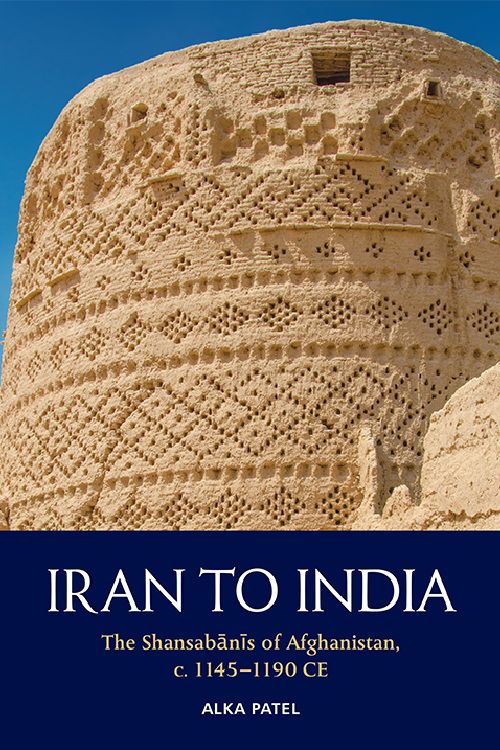By Alka Patel (NHC Fellow, 2018–19)

Edinburgh, UK: Edinburgh University Press, 2021
From the publisher’s description:
This book charts the origins and rise of the Shansabānīs, a nomadic-pastoralist or transhumant group from modern central Afghanistan. As they adapted and mastered the mores of Perso-Islamic kingship, they created a transregional empire unseen in the region for almost a millennium, since the Kushanas of the early centuries CE.
The Shansabānīs’ imperialism of little more than a half-century belies their longue durée significance: they altered the geopolitical landscapes of eastern Khurasan through the Indo-Gangetic plains, reconnecting these regions in continuous flows of people, objects, and ideas that broadened the Persianate world and had consequences into the modern age of nation-states in Central and South Asia.
Subjects
Architecture / Archaeology / Epigraphy / Middle Eastern Architecture / Middle Eastern History / Afghanistan / Pakistan /Patel, Alka (NHC Fellow, 2018–19). Iran to India: The Shansabānīs of Afghanistan, c. 1145-1190 CE. Edinburgh, UK: Edinburgh University Press, 2021.